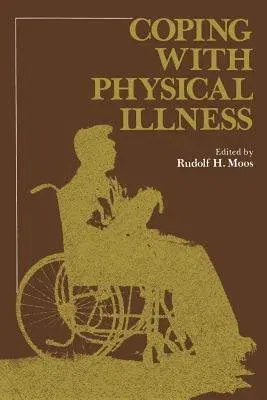Coping with Physical Illness (Softcover Reprint of the Original 1st 1977)Paperback - Softcover Reprint of the Original 1st 1977, 22 March 2012

Qty
1
Turbo
Ships in 2 - 3 days
In Stock
Free Delivery
Cash on Delivery
15 Days
Free Returns
Secure Checkout
Part of Series
Current Topics in Mental Health
Print Length
440 pages
Language
English
Publisher
Springer
Date Published
22 Mar 2012
ISBN-10
1468422588
ISBN-13
9781468422580
Description
Product Details
Book Edition:
Softcover Reprint of the Original 1st 1977
Book Format:
Paperback
Country of Origin:
NL
Date Published:
22 March 2012
Dimensions:
22.86 x
15.24 x
2.34 cm
ISBN-10:
1468422588
ISBN-13:
9781468422580
Language:
English
Location:
New York, NY
Pages:
440
Publisher:
Weight:
603.28 gm

